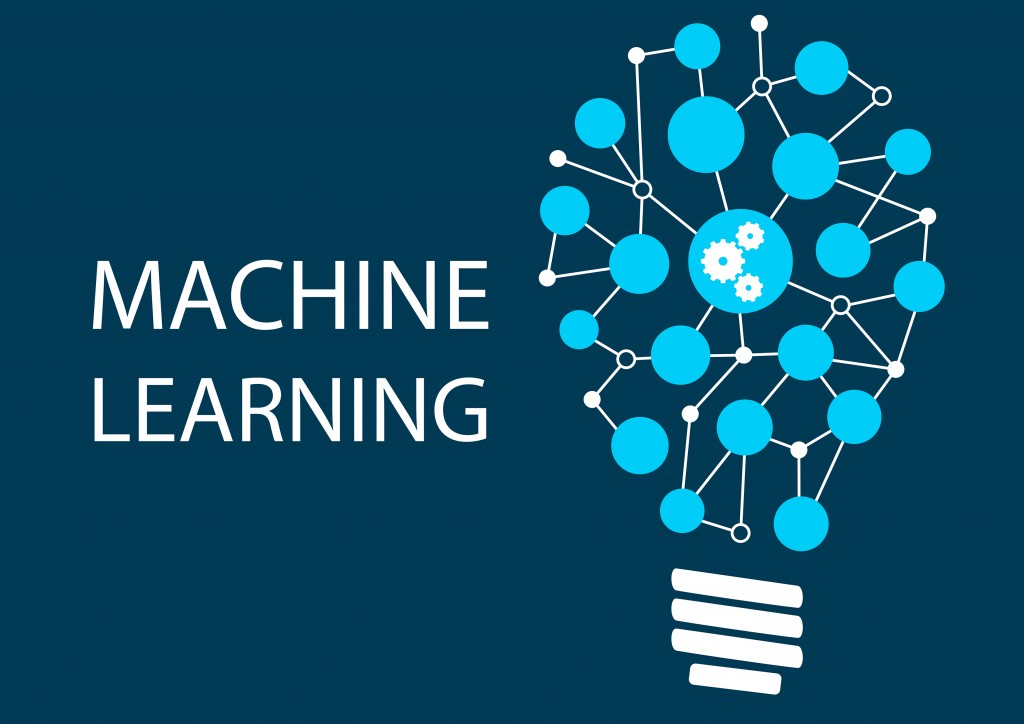R is a free and open programming language for statistical computing, data analysis, and graphical visualization. Along with this powerful software, comes a dynamic and vast community. The Partners R User Group seeks to bring this community together to share ideas, discuss R related topics, and provide direction for new and experienced users.
The main theme of this R User Group Meeting is "Machine Learning"

Nowadays, we hear great things about Machine Learning / Artificial Intelligence. From computer vision, voice recognition to self-driving vehicles, fraud detection, writing articles, editing videos.
It sounds great. But the real questions is "Can it help me? How can it help?"
This meeting is not only for R users but also those who have questions like:
- I am not technical, but I want to learn what machine learning is and where / how it can be applied
- I am interested in learning where / how research scientists in Partners use machine learning
- I would like to learn to build models with different machine learning algorithms and to evaluate them
- How can I find some examples - real life examples?
- What do I need to build a model? How easy or hard to build a good model?
- Are our hospitals A.I. ready? What needs to be done to be A.I. ready?
We are pleased to have 6 "Show-And-Tell" speakers. They will share their experience with ML.
-
Introduction to Machine Learning & Evaluating Models
-
Niranjan Bhosarekar (Business Intelligence Knowledge Engineer at Neighborhood Health Plan)
-
Using R on IDEA Platform, I will go through the very basics of building and evaluating predictive models. I will cover some of the ways we are using R at Neighborhood Health Plan. Based on our own experience, I will also touch upon how IDEA platform gives us the flexibility to switch between Big Data tools and programming languages
-
-
Machine Learning with Caret Package
-
Melissa Zhau (Research Scientist, Harvard Public Health)
-
A practical introduction to machine learning in R, using the popular Caret package. We will cover a general overview of the principles behine different machine learning methods, and go through some baskc steps of commonly used methods of machine learning, such as random forest and support vector machines.
-
-
Machine Learning in Collaborations: Psychiatric Risk Stratification across Healthcare Systems
-
Amanda Zheutlin (Research Fellow at Psychiatry - MGH)
-
We have been collaborating with other US healthcare systems to build risk stratification algorithms for psychiatric disorders using easily accessible, structured EHR data common across sites. I will share an overview of our pipeline – from data extraction to model testing – for building and sharing models across sites and some of our preliminary results.
-
-
Machine Learning Applied to Understanding Health Disparities in the Behavioral Risk Factor Surveillance Survey (BRFSS)
-
Mark Ommerborn (Research manager at Center for Community Health and Health Equity - BWH)
-
I will present our methods of using machine learning techniques to predict wellness in a large public health dataset from the CDC, the BRFSS. I will give an introduction to using the caret package in R to compare different machine learning algorithms to build predictive models of self-rated health in diverse groups.
-
-
Machine Learning in the Clinic: Lessons from MGH Pathology
-
Maciej Pacula (Team Lead, Bioinformatics & Data Science at Pathology - MGH )
-
Despite the extraordinary success of Machine Learning in medical research, successful deployments of ML in the clinical setting remain elusive. We present our approach to Machine Learning in MGH Pathology and showcase some of the predictive models we have successfully integrated into day-to-day clinical workflows, with a focus on cancer genomics.
-
-
Machine learning analysis of maternal pregnancy clinical notes to predict newborns at risk for neonatal abstinence syndrome
-
Joseph Chou (PHYSICIAN, Pediatric Medical Services - MGH)
-
Natural language processing was applied to unstructured free text clinical notes to generate a predictive model identifying newborns at risk for opioid withdrawal. The predictive model had good performance, without requiring subject matter expertise or manual data abstraction for training, and selected sparse and interpretable features. This approach has promise to both improve patient care and facilitate clinical research.
-
- Also, the topics for this meeting include
- Plans to build and grow Partners R Community
- R Training Plans and Announcement
- Open Discussion about Partners R Settings
Notes
- This is an informal event for employees who work within the Partners network.
- Pizza and beverages will be provided.
